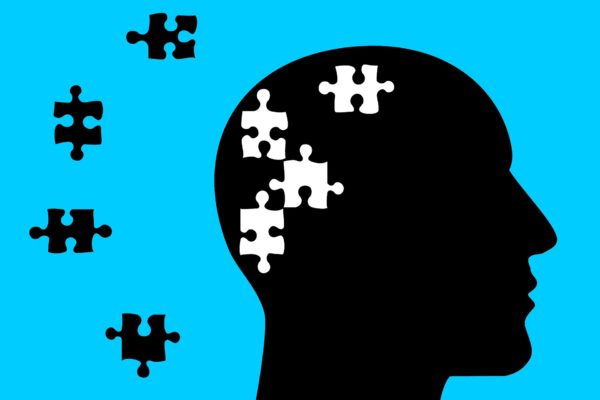AUSTIN, Texas — A new mental health assessment powered by artificial intelligence is as good at assessing depression symptoms as the “gold standard” questionnaires currently in broad use in health care, according to researchers at The University of Texas at Austin. The new technology holds the potential to help mitigate the national shortage of mental health professionals.
The study, published in the Journal of Affective Disorders, demonstrated that the AI platform, created by Aiberry™, is able to accurately evaluate an individual’s mental health by analyzing text, audio and video cues during a bot-administered interview. It also showed no evidence of bias related to gender, age or race.
“The idea that depression can accurately be assessed with an AI-driven interview is a really interesting and potentially very important discovery,” said Christopher Beevers, the Wayne H. Holtzman Regents Chair in Psychology, director of UT’s Institute for Mental Health Research and a co-author of the study. “The ability to monitor depression symptoms on a regular basis at scale could be a game-changer in terms of identifying who might need an intervention. Reliably identifying who is suffering from depression removes an important barrier towards this larger goal.”
The status quo of depression measurement requires individuals to self-rate the frequency and severity of their depression symptoms by picking a “best describes you” answer from a series of multiple-choice questions. Aiberry’s app offers the option of a novel AI assessment featuring a digital animation called Botberry that encourages users to talk about themselves in their own words. Machine learning software aggregates the responses to these questions and outputs an overall depression risk score, along with symptom-level insights and a transcript of each response.
“This platform provides the nuance clinicians need that gold-standard forms lack,” said Rachel Weisenburger, a doctoral student in UT’s Mood Disorders Laboratory who led the study. “While standard depression forms can tell you which symptoms are bothering someone, they give you no context. Depression isn’t one size fits all, and the results of this AI-powered interview paint a more complete picture, capturing the messy, human experience of depression in people’s own words.”
In collaboration with Georgetown University Medical Center and the University of Arizona, the study asked 400 participants, ages 18 to 74, to answer questions posed by Botberry and to complete a depression questionnaire. The app then generated a depression symptom severity score based on the Botberry-administered interview responses. In cases of meaningful discrepancies between Aiberry’s score and the questionnaire form, clinicians conducted a masked review to determine which they were more clinically aligned with, though there was general agreement between clinician ratings and Aiberry scores. Overall, 88% of respondents — regardless of depression severity — expressed a desire to use Aiberry at least monthly for mental health monitoring.
“As technology and mental health assessment converge, having a clinically validated platform for assessment is crucial to building trust,” said Linda Chung, Aiberry co-CEO. “Our AI-powered platform has the potential to reshape mental health identification and support, marking a huge step toward accessibility for all. At Aiberry, we are committed to fostering mental well-being that empowers individuals and health care professionals.”
For at least five decades, Longhorns have been at the forefront of AI technologies, and UT has been home to some of the biggest pioneers in the field. During the 1960s, Woody Bledsoe, who developed the first version of facial recognition technology, and Bob Simmons, an innovator in natural language processing, joined the faculty at UT. Bledsoe and Simmons stayed at UT for the remainder of their careers and jump-started AI research on the Forty Acres.
Since then, the University has opened dozens of labs, research centers and initiatives, and brought hundreds of faculty members, staffers and students to campus to advance AI and related fields. UT has become known as a global leader in AI — from our sought-after thought leaders; to our collaborative, cross-disciplinary projects and breakthroughs in research; to our new degree and learning opportunities; to our understanding of the ethical and societal impacts; to how we’re approaching AI in the classroom.
Learn more about UT’s “Year of AI” initiative and other AI news and campus events at yearofai.utexas.edu.




